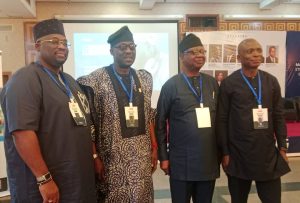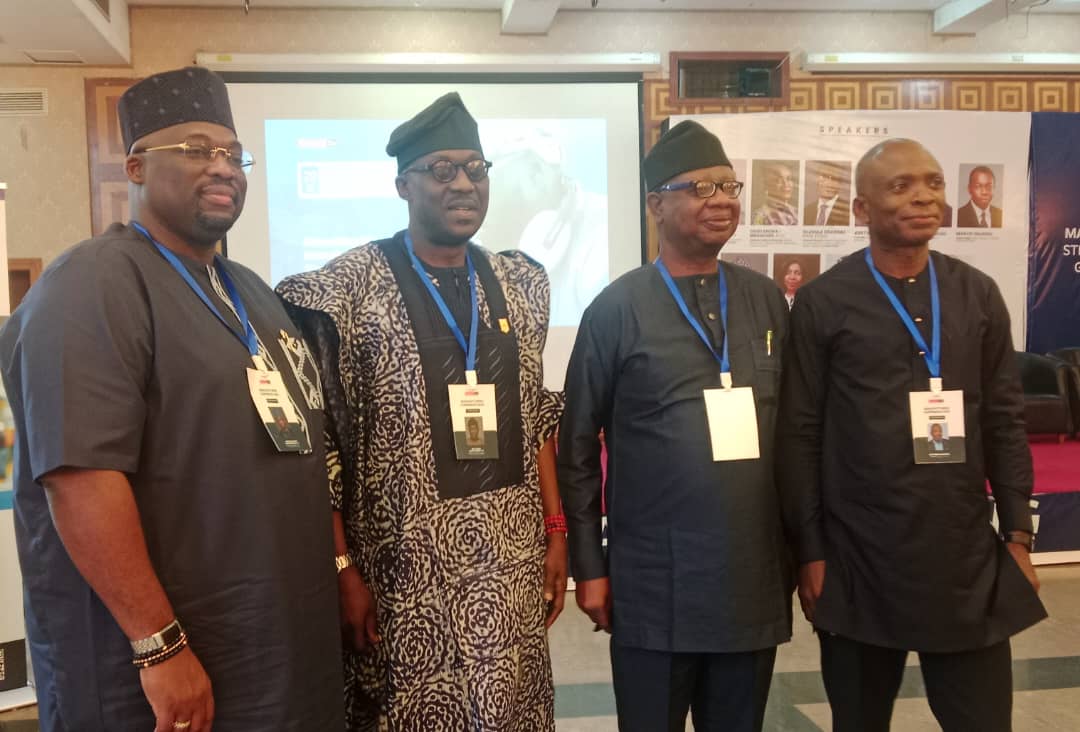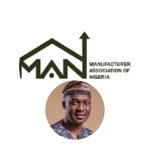The Managing Director of Coleman Wires and Cables Industries Limited, George Onafowokan, has revealed that foreign investors are increasingly entering the Nigerian market to establish businesses, despite the country’s prevailing economic challenges.
Speaking at the 2025 Manufacturing Conference organized by BusinessDay in Lagos, Onafowokan urged Nigerian manufacturers to explore the abundant opportunities within the country to boost their enterprises.
As Chairman of the Ogun State chapter of the Manufacturers Association of Nigeria (MAN), Onafowokan noted a growing trend of foreign businesses setting up in Nigeria, contrasting it with the hesitancy and pessimism of some local firms.
“There are opportunities to tap into. We only need to take a long-term view and be deliberate,” he said.
Onafowokan noted that despite multiple taxation which is detrimental to the manufacturing sector, foreign investors continue to establish operations in Nigeria, and some local manufacturers are showing resilience.
Adetunji Aderinto, founder of Zetamind Consulting Limited, highlighted that foreign investors often recognize prospects in the Nigerian market which many local manufacturers overlook.
He advised manufacturers to reduce costs through technology adoption and data utilization, saying, “Some manufacturers shut down operations because they don’t understand what their customers need.
“They need to increase market share and strengthen their supply chains.”
The Director General of the Nigerian Association of Chambers of Commerce, Industry, Mines and Agriculture (NACCIMA), Olusola Obadimu, called on the Federal Government and the Central Bank of Nigeria (CBN) to take urgent steps to curb inflation.
He also urged state governments to focus more on people-centric development rather than internally generated revenue alone.
The panelists collectively encouraged Nigerians to patronize locally made products and commended the Federal Government’s efforts in promoting the “Buy Nigeria” campaign.
The Director General of MAN, Segun Ajayi-Kadir, made a strong case for policy interventions to unlock the sector’s full potential, emphasizing the need for strategic action across infrastructure, fiscal policy, and regional integration.
Ajayi-Kadir recommended making the Nigeria First Policy a binding law, with penalties for violators, to ensure transparency, public awareness, and enforcement.
He also called for establishing structured platforms for regular consultations with manufacturers to align policies with industry needs and investing significantly in critical transport infrastructure to reduce logistics bottlenecks and improve market access.










Comment here